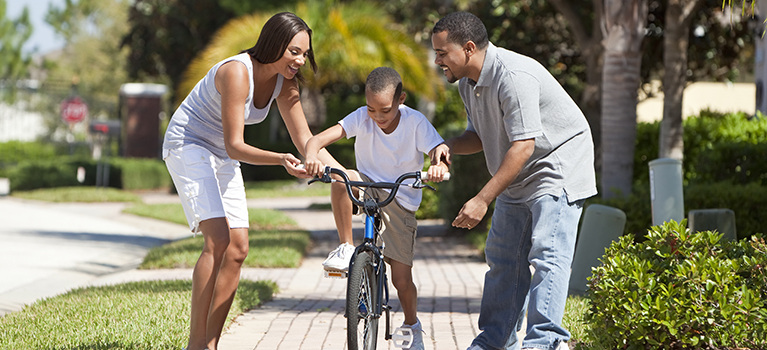
Physical Distancing and Family Wellbeing during COVID-19
The rules about physical distancing and self-isolation are changing all the time. For the most up-to-date information, you can check physical distancing and self-isolation guidelines.
This topic is for families who are well and are physically distancing, but if a member of your family is self-isolating because of a COVID-19 diagnosis, you might adapt some tips on this topic to help you through this situation.
Physical distancing means more time at home with your family. And if you are working, it might mean that you are balancing supervision of children’s learning, family time, and work commitments.
This is a challenging experience. It can also be a positive experience if you can:
- make the most of family time
- use routines to support family health and wellbeing
- stay connected with others in creative ways
- manage family conflict in positive ways.
If physical distancing is affecting your wellbeing, or you are struggling because you have lost your job or for any other reason, seek help.
Physical distancing can give you more opportunities to spend time together as a family. And by spending more time together as a family, you can build relationships and help your children feel happier, safer and more relaxed during this experience.
If you are working from home, you might not always have a lot of time during work hours. So, it is all about making the most of the time you have by giving your child positive attention and turning everyday moments into quality time.
You can give your children plenty of positive attention, even during brief interactions. Positive attention can be:
- making eye contact and smiling at your child
- showing your child lots of affection
- telling your child, you are proud of how they are handling the situation
- praising your child for doing schoolwork or chores
- showing interest in what your child has achieved each day.
During physical distancing, you can turn everyday moments into quality time. Quality time can be:
- a shared laugh when you are bathing your toddler
- a chat while you are folding the laundry with your child
- an afternoon break from work so you and your child can make a snack together.
- If you can, plan some regular, one-on-one time with each of your children.
For health and wellbeing during physical distancing, children need a sense of security, healthy eating, physical activity, good sleep, play and quiet time. You need these things too. A good way to make sure you all get what you need for physical and mental wellbeing is to plan a new daily routine.
Routines let children know what to expect. This is important during physical distancing, when children and teenagers might feel stressed, worried, frustrated or just bored. If children and teenagers need to do schoolwork, a routine can help them get through lessons and keep up with learning at home.
Routines can help children and teenagers stay healthy and hygienic, also, routines can reduce stress, and lower stress is good for children’s immune systems.
